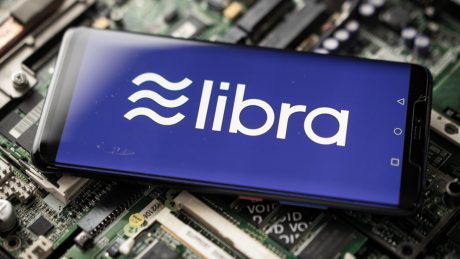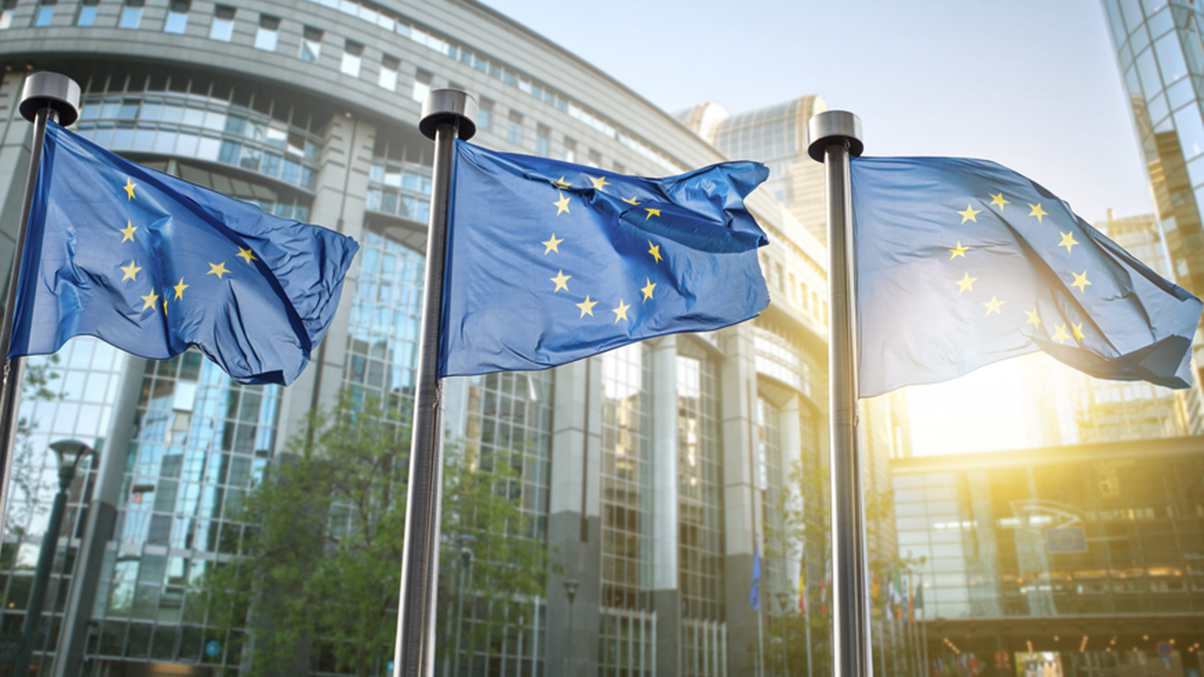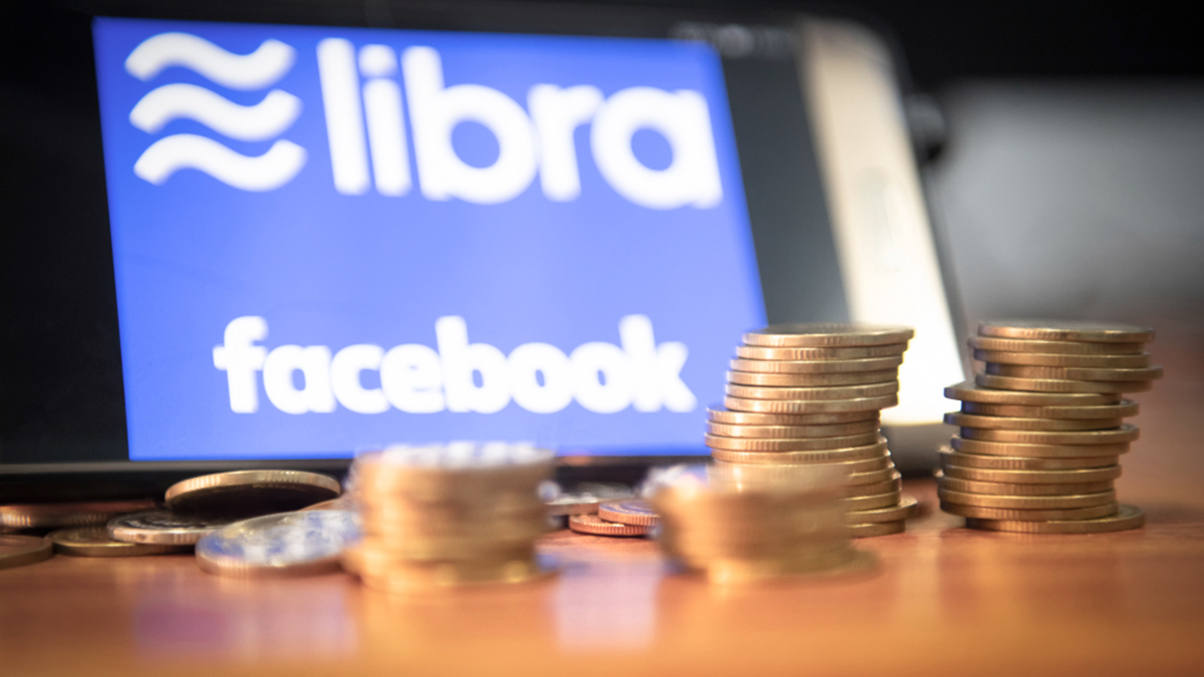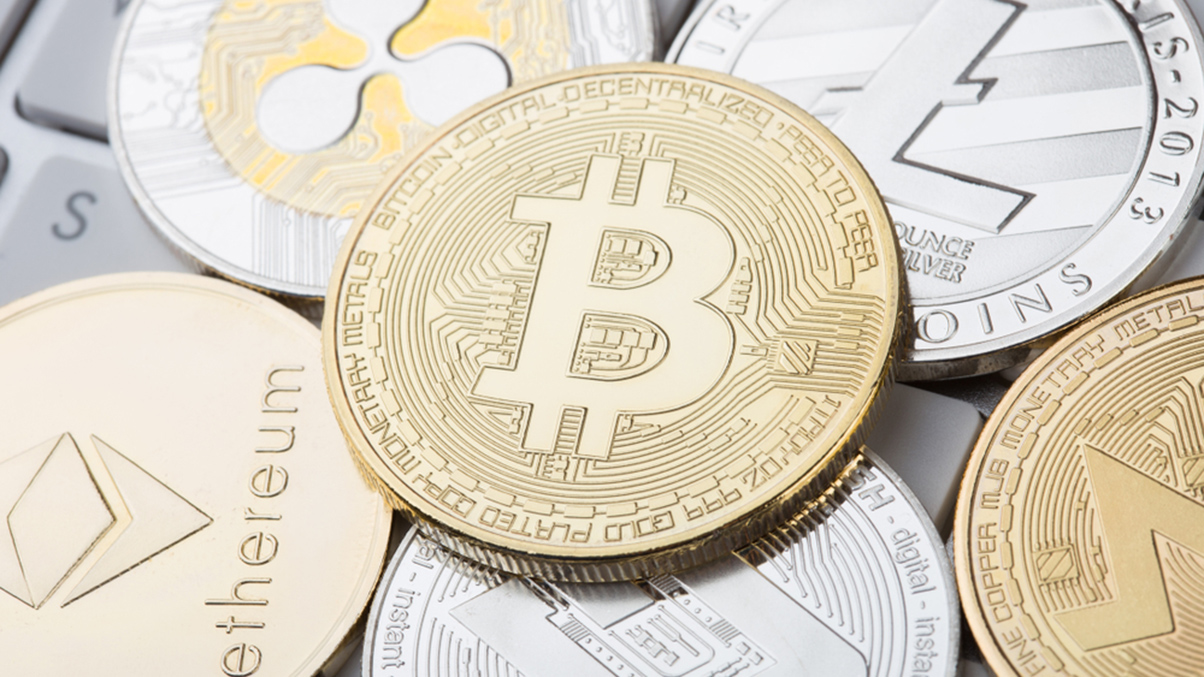Within a matter of weeks of Facebook announcing its new global digital currency, Libra, and before it has even launched, the European Commission has confirmed that it is conducting a preliminary assessment of the legal nature of Libra and the potential competition risks that arise. Stuart Carson and Marc Jones write for Competition Law Insight, assessing the proposed Facebook-backed Libra crypto-currency and whether it could be considered a modern-day cartel under competition law.
Even before the outcome of that investigation, Yves Mersch, a member of the executive board of the European Central Bank (ECB), has referred to Libra as “cartel-like”. (“Money and private currencies: reflections on Libra”, speech by Yves Mersch, ECB Legal Conference, Frankfurt am Main, 2 September 2019)
What is Libra?
By 2018, more than 3,000 digital tokens (A term which captures true cryptocurrencies as well as other digital assets, including those at the opposite end of the spectrum more akin to and regulated as securities) had been issued and more than 200 crypto-exchanges were operating worldwide. One exchange alone, Coinbase, was reported to have over 13 million accounts, more than the brokerage firm, Charles Schwab. There are even futures and exchange traded notes in cryptocurrencies. Ten years on from the launch of Bitcoin and its blockchain, the regulatory environment is still patchy, internationally inconsistent and playing catch-up. But this has not prevented the growth of an already highly developed global market in cryptocurrencies or, more broadly, digital assets. So, what is the problem with Libra entering the market?
The Libra White Paper tells us that it will be a digital currency backed by a reserve of assets governed by the independent Libra Association. This is described as “an independent, not-for-profit membership organisation headquartered in Geneva, Switzerland”. The White Paper states that “the association’s purpose is to coordinate and provide a framework for governance for the network and reserve and lead social impact grant-making in support of financial inclusion”.
There are 27 founding members of the Libra Association: Mastercard, Mercado Pago, PayPal, PayU (Naspers’ fintech arm), Stripe, Visa, Booking Holdings, eBay, Facebook/Calibra, Farfetch, Lyft, Spotify AB, Uber Technologies Inc, Iliad, Vodafone Group, Anchorage, Bison Trails, Coinbase Inc, Xapo Holdings Ltd, Andreessen Horowitz, Breakthrough Initiatives, Ribbit Capital, Thrive Capital, Union Square Ventures, Creative Destruction Lab, Kiva, Mercy Corps, and Women’s World Banking.
The Libra White Paper describes Libra both as money (because it is said it will be readily convertible into other fiat currencies) and a cryptocurrency. But in some important respects, Libra does not share the commonly accepted traits of a cryptocurrency. Understanding what Libra is (and is not) is essential to understanding why, in a world already awash with cryptocurrencies, Libra has generated such a unique international backlash.
How does Libra compare to other cryptocurrencies?
It is important to state that there is no universally accepted definition of “cryptocurrency”. The ECB, International Monetary Fund, Bank International Settlement, European Banking Authority, European Securities and Markets Authority, World Bank and Financial Action Task Force (to name but a few supra-national bodies, let alone national regulators) have all produced their own definitions. A report for the European Parliament’s Special Committee on Financial Crimes, Tax Evasion and Tax Avoidance (Houben, R and Snyers, A, Cryptocurrencies and blockchain: Legal context and implications for financial crime, money laundering and tax evasion, European Parliament, July 2018) has attempted to summarise all those definitions of cryptocurrency as “a digital representation of value that (i) is intended to constitute a peer-to-peer (P2P) alternative to government-issued legal tender, (ii) is used as a general-purpose medium of exchange (independent of any central bank), (iii) is secured by a mechanism known as cryptography, and (iv) can be converted into legal tender and vice versa”.
For the reasons explained below, focusing on the absence of central banks as distinct from the absence of any central-counterparty (whether a central bank or other private entity) is too narrow and misses a key issue when considering the competition concerns raised by Libra.
Distributed ledger technology (DLT) is not the same as a blockchain. DLT has been around for decades. The breakthrough of the Bitcoin blockchain is that it is “permissionless”. Anyone can join and contribute to the Bitcoin ledger by engaging in proof of work. There is no gatekeeper, or central counterparty that controls the ledger. It is important to distinguish between permissionless ledgers (a “blockchain” in the strict sense) and permissioned ledgers. A permissioned ledger can still be open to anyone to join, but not everyone will have full access (ie whether the ability to access all the information on the ledger, or to contribute). A “private” ledger is one where only those with permission can join at all.
Since its launch in 2009, Bitcoin has been the subject of many different concerns of varying credibility including that it is a Ponzi scheme; (Jamie Diamond of JPMorgan Chase made this allegation and subsequently retracted it) that it facilitates money-laundering and criminal financing, and that it is creating a new systemic risk to the stability of global financial markets. So far as the author is aware, competition concerns have never seriously been levelled at Bitcoin. The reasons may be simple: there is no central-counterparty that controls Bitcoin and Bitcoin has grown organically; it was not promoted by any central-counterparty which controlled it and stood to gain.
In contrast, the Libra Association will potentially have access to what could be the biggest network available in history. The potential for large-scale and rapid adoption is real. In the world of big data”where a “winner takes all” economy is prone to operate, this could be critical. Despite much hype about the Libra Blockchain, Libra will not use a true blockchain and will be a permissioned distributed ledger.
This isn’t to suggest that the Libra White Paper is not clear about this distinction (although it does use the term “blockchain” throughout), saying:
“Blockchains are described as either permissioned or permissionless in relation to the ability to participate as a validator node. In a ‘permissioned blockchain’, access is granted to run a validator node. In a ‘permissionless blockchain’, anyone who meets the technical requirements can run a validator node. In that sense, Libra will start as a permissioned blockchain.
To ensure that Libra is truly open and always operates in the best interest of its users, our ambition is for the Libra network to become permissionless. The challenge is that as of today we do not believe that there is a proven solution that can deliver the scale, stability, and security needed to support billions of people and transactions across the globe through a permissionless network. One of the association’s directives will be to work with the community to research and implement this transition, which will begin within five years of the public launch of the Libra Blockchain and ecosystem.” – An introduction to Libra, White Paper, The Libra Association, June 2019
In its permissioned state, the Libra Association’s membership will be formed from the network of validator nodes that operates the Libra Blockchain. Therefore, until the Libra Association is able to create a true permissionless Libra blockchain, it seems that only the members of the Libra Association would be able to contribute to and have access to all the data on the Libra distributed ledger. It is difficult to estimate what the potential value of that might be. The vast amount of data that might be available to the Libra Association is a key area of regulatory concern. Although Facebook has created Calibra, a regulated subsidiary, to ensure separation between social and financial data and to build and operate services on its behalf on top of the Libra network, some national regulators have been unimpressed. In August this year, data protection regulators in the US, UK, EU, Australia, Canada, Albania and Burkina Faso issued a joint statement that was unconvinced by the public assurances given by Facebook and Calibra and raised a number of key questions.
If Libra were to be as successful as the Libra Association intends – “The mission for Libra is a simple global currency and financial infrastructure that empowers billions of people” – why would the Libra Association simply give it away once a permissionless ledger is developed? Is the Libra Association’s vision compatible with the existing competition regulation?
Potential antitrust implications
The European Commission, in cooperation with the EBA and ESMA, is proactively investigating Libra ahead of its planned launch in 2020. It is understood that in August 2019, the European Commission sent out a questionnaire to better understand the practices relating to the Libra Association.
While the full scope of the investigation is still unknown, one of the concerns the Commission has expressed is that the new Libra currency will become a monopoly that could unfairly prevent rivals from entering the market. This is in addition to it having identified potential risks to financial stability, monetary policy, data privacy, money laundering and cybersecurity.
Concerns have also been raised by officials in the UK, US, Australia and Canada, to name a few.
Could Libra be a monopoly?
Monopolies, or near monopolies, and substantial dominant positions benefit from a significant competitive advantage over their rivals and are therefore rightly exposed to substantial scrutiny. Clearly in a market for cheap deposit, transfer and payment services Facebook will have substantial advantages over potential rivals. Its most significant advantage is scale, even at launch. Facebook has around 2.4 billion active users, which represents around one-third of the world’s population. With such an extensive consumer base there is the potential for significant uptake in Libra once launched. If only 10 per cent of Facebook’s users became active users of Libra, it would have almost 10 times the number of customers that Bitcoin currently has, and would have an even larger user base than other payment systems, such as PayPal. That would make Libra the world’s largest cryptocurrency by a significant distance over any likely rivals, creating at least a substantial dominant position in the market and potentially create opportunities to foreclose the market for other would be currencies.
While enjoying such a dominant position does not give rise to enforcement action, it does increase the potential for abusive behaviour to take place, and explains why the European Commission has taken such an early interest in Libra. Similar concerns have been echoed by French finance minister Bruno Le Maire, who has called to prohibit Libra from operating in France in view of the “risks of abuse of dominant position”.
Fines for any such behaviour could be in the billions of euros. Notably, Google has faced numerous fines from the European Commission for abusing its market dominance. Most recently, on 20 March 2019, Google was fined €1.49 billion for “illegal misuse of its dominant position in the market for the brokering of online search adverts” by “imposing anti-competitive contractual restrictions on third-party websites” (European Commission press release, “Commission fines Google €1.49 billion for abusive practices in online advertising” 20 March 2019) over a ten-year period from 2006. That is on the back of fines of €4.34 billion in 2018 and €2.42 billion in 2017 for similar abuses of market dominance.
Creation of a cartel
Is Libra a cartel for the purposes of Article 101 TFEU?
The Libra Association is comprised of a number of organisations from around the world to promote and further Libra’s mission, many of which are competitors in the same industry.
Collaboration between competitors does not, in itself, create a cartel. The key distinction is the intention of the parties, as collaboration between competitors can, for example, improve innovation and increase consumer welfare rather than distort competition.
That behaviour is distinguishable from actionable cartel conduct aimed at, or with the effect of, harming one’s customers and/or consumers. By way of example, the European Commission is currently investigating a number of German Car manufacturers (in Case 40178, Car Emissions) which have allegedly colluded to delay the introduction/development of technology to clean the emissions of petrol and diesel passenger cars, thereby resulting in customers driving more polluting cars than otherwise should have been the case. If a fine were issued in that case, BMW has warned that its share alone could exceed €1 billion.
Presuming that the Libra Association’s intentions are, and remain, altruistic, the mere fact that competitors are collaborating does, nevertheless, create the risk of a cartel if the Association’s behaviour inadvertently leads to anticompetitive behaviour.
What next?
The European Commission is looking closely at the opportunities and issues raised by cryptocurrencies in general, and has already released a FinTech Action Plan (March 2018) highlighting the need for increased antitrust scrutiny in a fast-moving area that has developed “significantly” over recent years. Libra is likely just the start of a significant area of focus for the European Commission, and one which will most likely dominate headlines.
In the meantime, while the Commission is awaiting responses to its questionnaire, it is unlikely that its findings into Libra will be publicised until well into 2020. The Commission nevertheless seems poised to act quickly if intervention is necessary, potentially delaying Libra’s target release date of June 2020.
This article was first published on the Competition Law Insight website on 24 October 2019. Please click here to see the full article
You can find further information regarding our expertise, experience and team on our Competition Litigation and Cybersecurity and Incident Response pages.
If you require assistance from our team, please contact us or alternatively request a call back from one of our lawyers by submitting this form.
Subscribe – In order to receive our news straight to your inbox, subscribe here. Our newsletters are sent no more than once a month.







